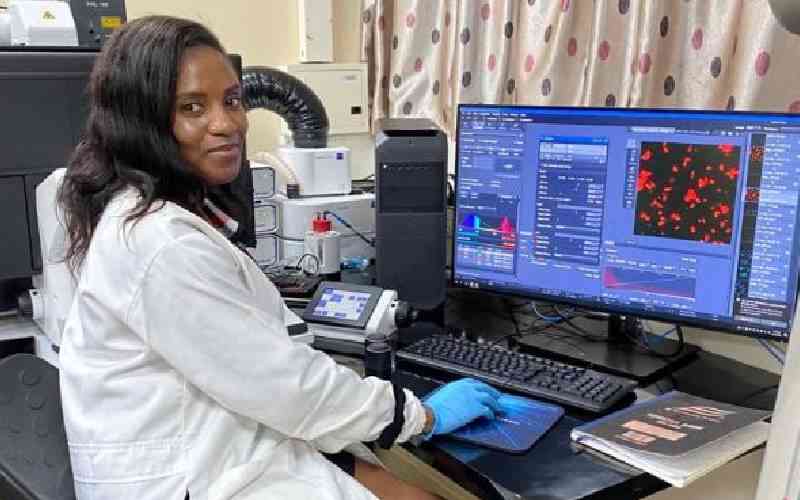
In her formative years as an eight-year-old, she dreamed of soaring the skies as an air hostess, intrigued by the marvel of the big bird. However, the dream of becoming a flight attendant shifted in high school when her curiosity for genetics was awakened, driven by a desire to understand genetic disorders.
Growing up, she had witnessed the challenges of sickle cell anaemia in her community, observing children frequently hospitalized and undergoing blood transfusions. Today, she is pursuing other skies, unravelling the mysteries of life through the science of genetics.